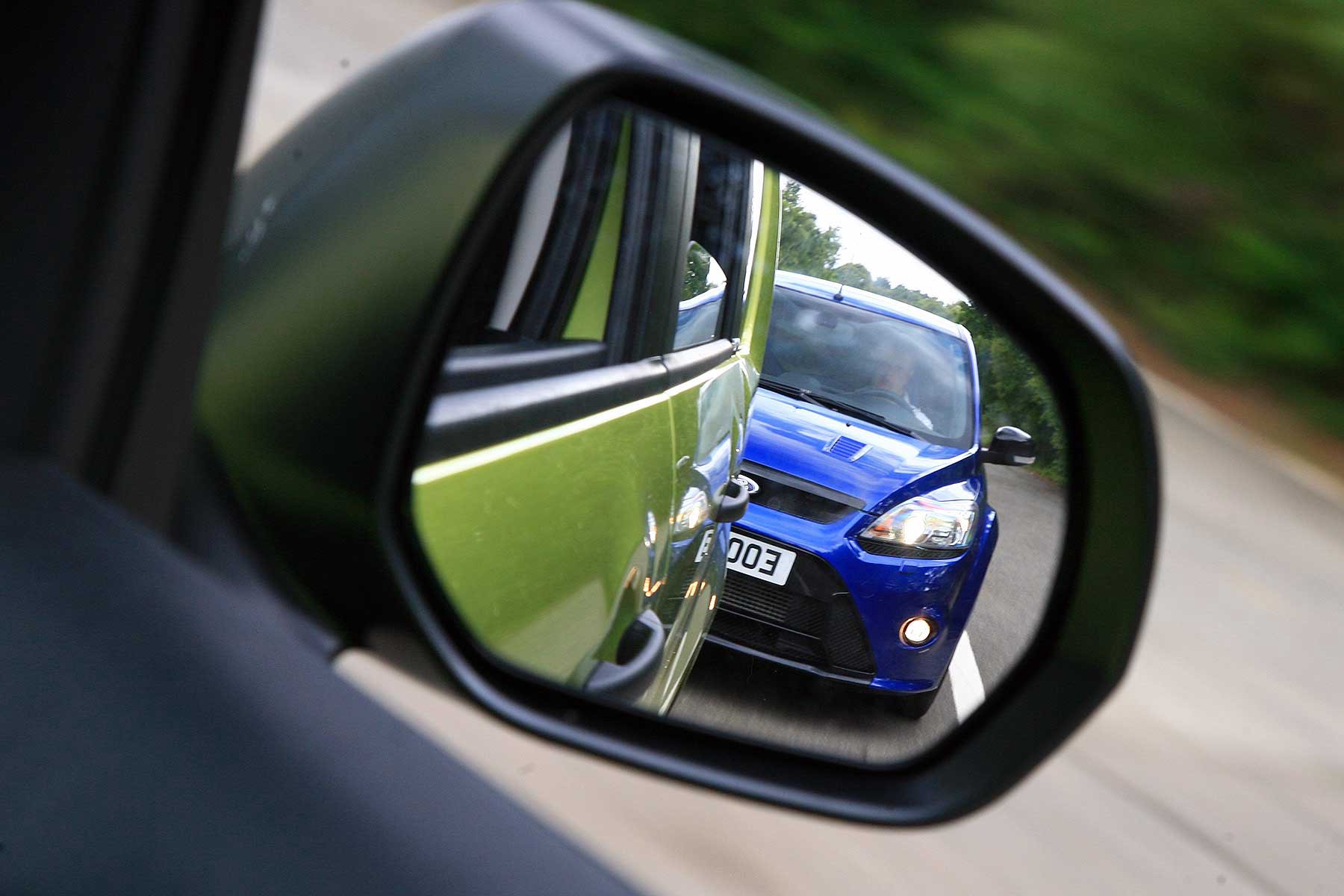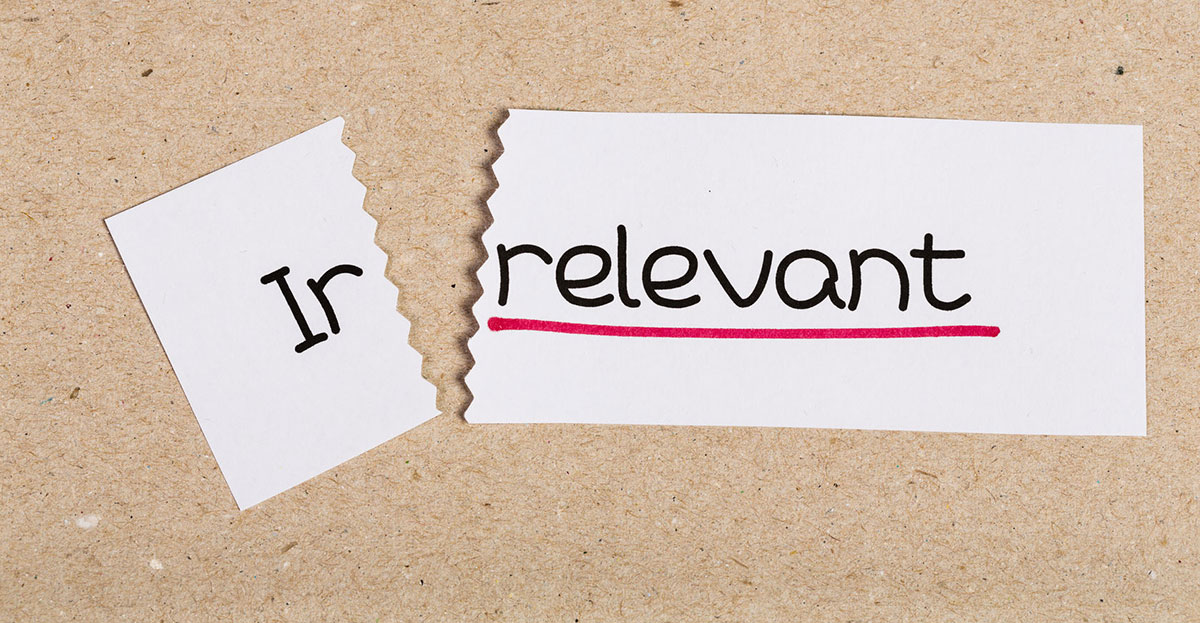I’ve got a confession to make and I’m hoping I’m not the only one. But even if I am, here’s to being vulnerable:
I hate tailgaters.
There, I said it. Wait. On second thought, I’m not sure one of those words is appropriate.
I hate tailgating.
That’s better.
Here’s what usually happens when someone starts to tailgate me as I’m driving: I drive the speed limit. I know that you’re thinking I should drive the speed limit anyway, but I’m not normally driving with my eyes fixed on the speedometer in my car. Not that I’m speeding like a madman or anything. It’s just that I’m relaxed and if the needle is a few MPH over the speed limit, I don’t sweat it.
Unless someone pulls up behind me and rides my bumper.
When that happens, I take my car down to the exact speed of the posted limit and keep it there. What’s ironic is the fact that I’ll go back to fluctuating my speed a few MPH over the limit if you turn off or pass me. But not if you’re on my tail.
There’s something about feeling like I’m being forced to go at another person’s speed that makes me turn into a “letter of the law” driver, and I think we can learn a few things from tailgating that could help us be better in our relationships. Here are some observations in no particular order.
Margin brings out the best in people.
I could also state the opposite: taking margin tends to bring out the worst in people. Is that how you and I want to be known? I hope not. I want to give people the space they need to move at the pace they need. Squeezing them in order to make them go at my pace won’t help them get better. It will only help them get bitter.
[Tweet “Margin gives people the space they need to move at the pace they need.”]Margin allows people to relax.
Think about it. No one can relax with someone else breathing down their neck. The only thing that does is cause stress, and while stress can be a great motivator for short-term action, it’s a terrible motivator for long-term change. Be known as the type of person who enabled other people to relax around you. I promise it’ll pay huge dividends in your relationships.
[Tweet “While stress can be a great motivator for short-term action, it’s a terrible motivator for long-term change.”]Margin invites generosity.
Did you notice what happens when someone tailgates me as I’m driving? I take away whatever time they thought they were saving by trying to get me to go faster. Taking margin from people never inspires them to give anything back (well, unless it’s the famous one-finger salute!). But margin actually invites generosity. When someone gives margin, they usually receive something positive in return. A smile, a thank-you, an acknowledgment that what was given mattered. I can’t tell you how many times I’ve waved at a driver who I can’t see in the dark pre-dawn hours just because they moved over and gave me plenty of margin to run on the side of the road. Why do I do that? Because margin invites generosity.
[Tweet “Margin invites generosity.”]Be a margin maker, not a margin taker.
So be a margin maker and not a margin taker. Look for ways to create space for people: in your budget, with your time, during the day as you wait in a long line. Find the people who seem stressed and practice giving margin. You may be surprised at what you get in return (and it won’t be that one-finger salute!).
[Tweet “Be a margin maker, not a margin taker.”]




